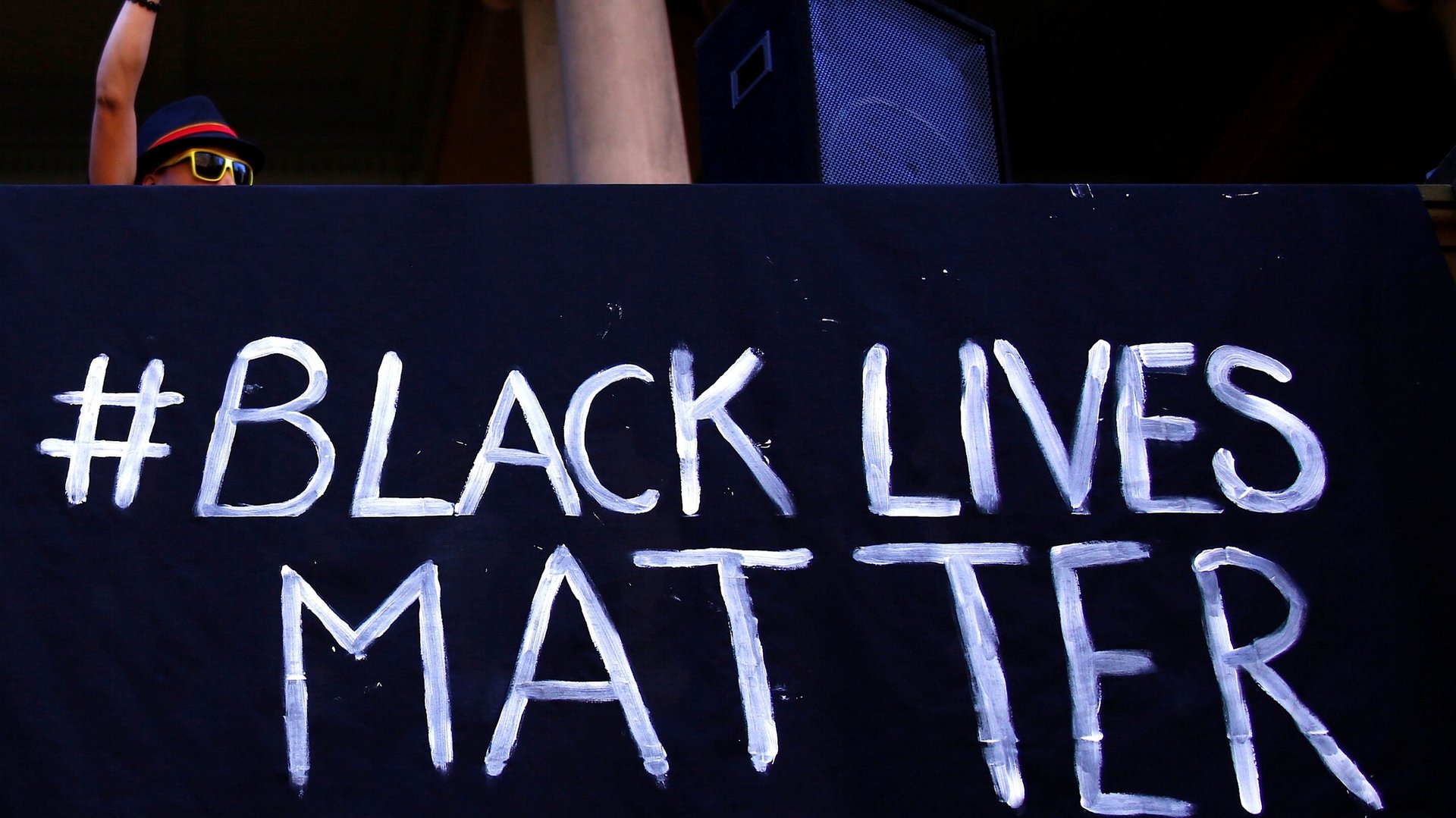BBQ Becky, Permit Patty, and Pool Patrol Paula: How memes have become a tool to rally against racism
First, there was “BBQ Becky,” the white woman who called the police on a black family in Oakland, California for having a barbecue by a lake. Then came “Permit Patty,” who reportedly called the police on an 8-year-old black girl selling bottled water. And now there’s “Pool Patrol Paula,” who allegedly assaulted a black teen, told him he didn’t belong in the community pool, and then called the cops.


First, there was “BBQ Becky,” the white woman who called the police on a black family in Oakland, California for having a barbecue by a lake. Then came “Permit Patty,” who reportedly called the police on an 8-year-old black girl selling bottled water. And now there’s “Pool Patrol Paula,” who allegedly assaulted a black teen, told him he didn’t belong in the community pool, and then called the cops.
These incidents follow a familiar pattern. A black American is doing something innocuous—such as mowing the grass, sitting in a Starbucks, or napping in a college lounge—and someone, usually a white person, decides to call the cops. Many of these incidents have been caught on video, which has put the day-to-day reality of racial discrimination in the US in the spotlight.
The nicknames of the white people calling the police and the memes that follow demonstrate how humor can be used as a tool to draw attention to racism. As researcher Jonathan Rossing notes in his 2015 paper, “At best, humor about race points out the gap between lofty ideals of equality, justice, and freedom, and the realities of discrimination, social injustice, and oppression.” He also notes that it can help bring a community together to “cultivate the hope necessary to push forward toward a better future.”
The nickname BBQ Becky sparked a number of memes where the woman in question was photoshopped into black history moments. In many of these historical photos, it can be shocking to see the extent that white people went to enforce segregation and resist civil rights. By placing BBQ Becky in these photos, the meme shows how her behavior fits into a well-known pattern.
But the nicknames aren’t just there to highlight the seemingly unfathomable depths of every day racism, they’ve become a tool in rallying against discrimination. When the likes of BBQ Becky and Permit Patty went viral, it allowed those incidents to gain traction on social media and make its way to traditional media outlets. The hashtags became an anchor for where people could gather information and spread their message. For example, within a matter of days of going viral, Permit Patty resigned as the CEO of her company.
Calling the police on black people is often a way of regulating access to shared space. In these instances, calling the police is about having the power to say who belongs in area and who doesn’t. And who has a right to be in a certain area is a thorny issue deeply intertwined with the US history of segregation.
While legal segregation was struck down more than 50 years ago, segregated communities are still rife across the country. You just need to take a look at the consequences black individuals face when they step into overwhelmingly white space, whether daring to buy a cup of coffee or having a BBQ on a sunny day.